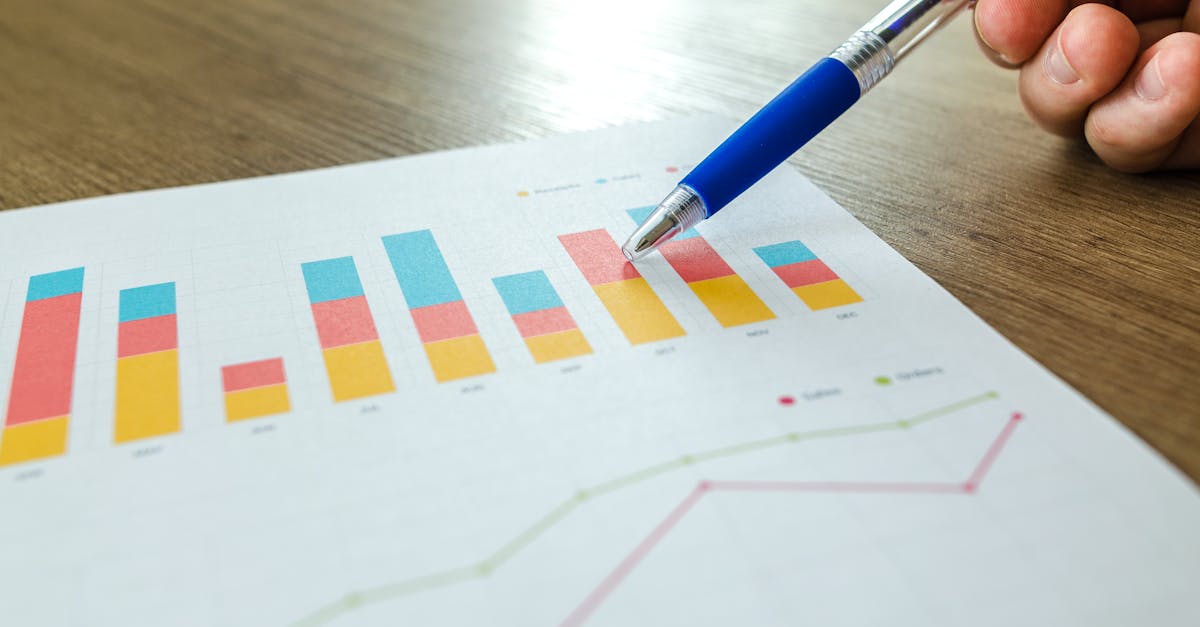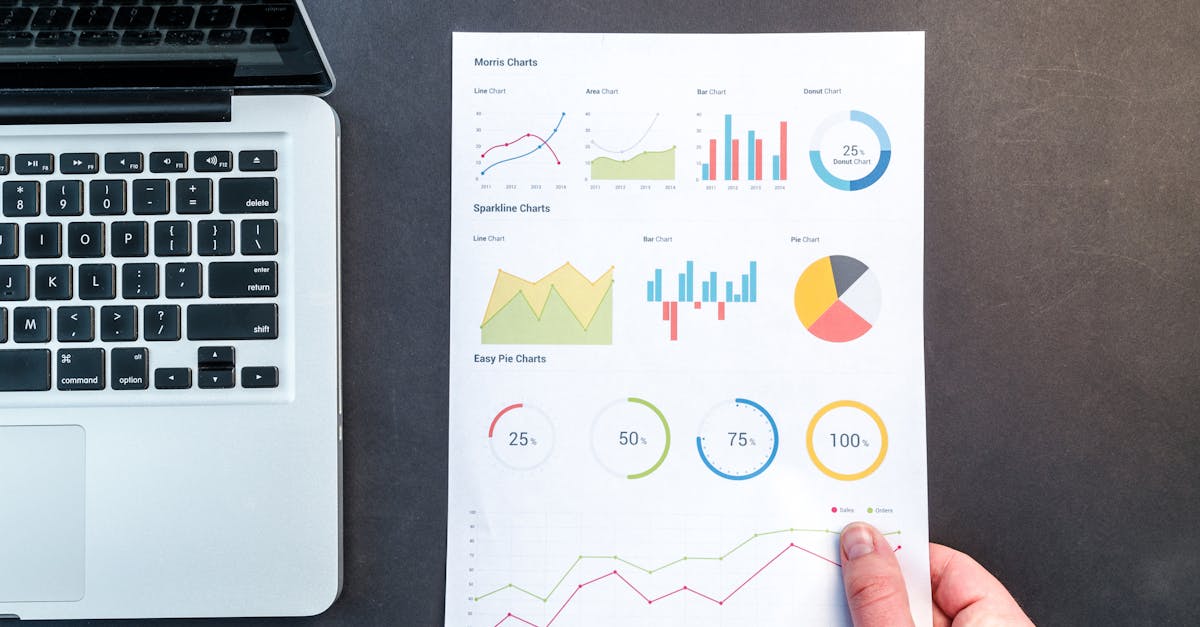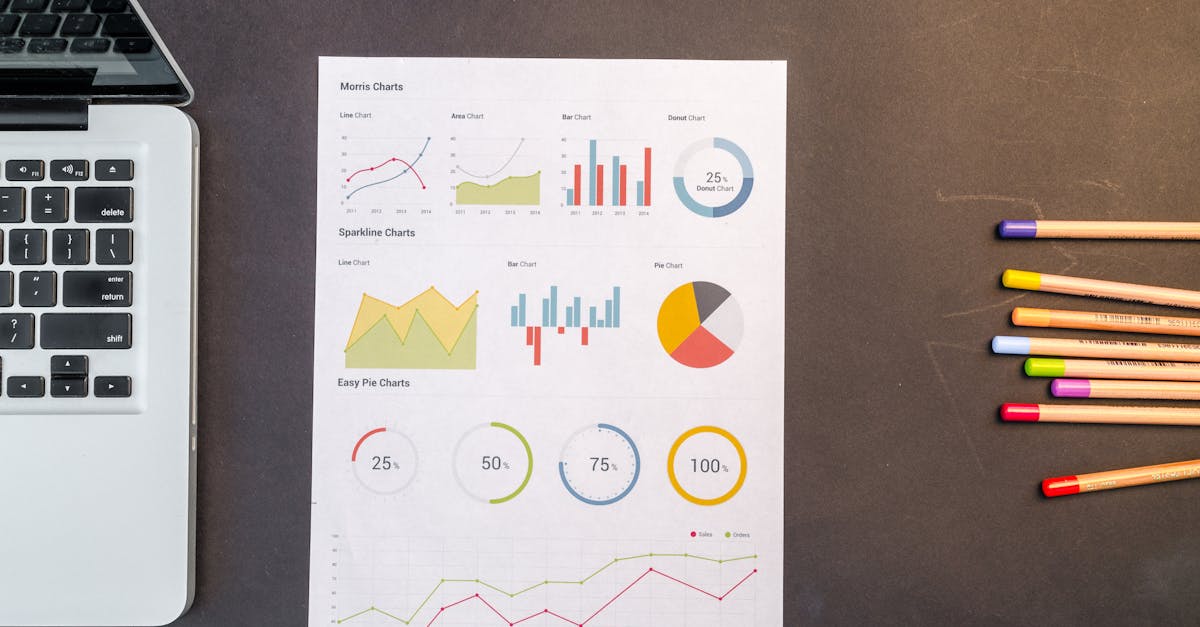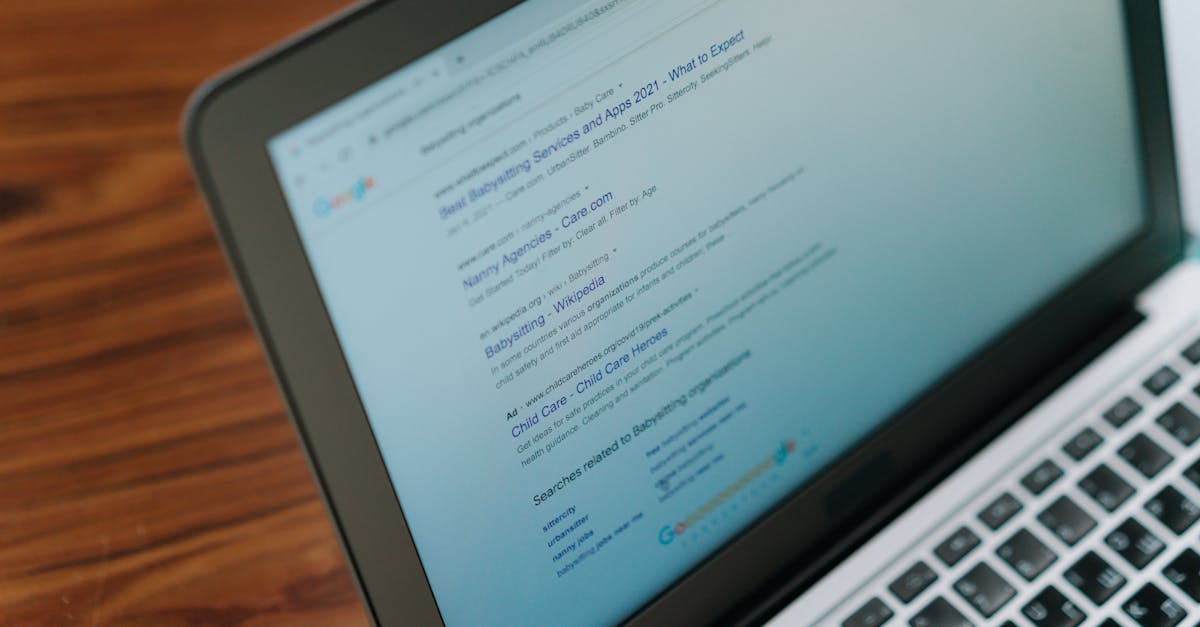
Table Of Contents
Collaboration with Other Departments
Reporting analysts play a vital role in ensuring that analytics and reporting processes align with the objectives of various departments within an organisation. They often collaborate closely with teams such as marketing, finance, and operations to gather data that provides a comprehensive view of performance metrics. Through effective communication and an understanding of each department's goals, reporting analysts help translate complex data sets into actionable insights, facilitating informed decision-making across the organisation.
This collaborative effort enhances the overall effectiveness of analytics and reporting workflows. By working together, departments can identify trends and areas for improvement that might otherwise go unnoticed. The insights generated from this teamwork not only drive strategic initiatives but also foster a culture of data-driven decision-making. Ultimately, the synergy between reporting analysts and other departments leads to improved outcomes and greater organisational success.
Working with Stakeholders for Effective Insights
Reporting analysts play a crucial role in bridging the gap between data and decision-making. They work closely with stakeholders across various departments to gather requirements and understand their specific needs. By employing Analytics and Reporting tools, these professionals transform raw data into meaningful insights that inform strategic initiatives. Through regular meetings and updates, they ensure that stakeholders are not only aware of the data but also how it can be leveraged to achieve business objectives.
Effective communication is essential in this collaborative process. Reporting analysts must translate complex analytical concepts into layman's terms for stakeholders with varying levels of data literacy. This involves crafting comprehensive reports and visualisations that clearly convey findings. By utilising Analytics and Reporting methods, analysts enhance the decision-making capabilities of stakeholders, ultimately leading to more informed strategies and successful outcomes for the organisation.
Career Pathways for Reporting Analysts
The career pathways for reporting analysts often begin with a strong foundation in data management and statistical analysis. Many professionals in this field hold degrees in areas such as mathematics, computer science, or business administration. Entry-level positions may include roles such as data technician or junior analyst, where individuals gain practical experience in data collection and reporting. As they develop their skills in analytics and reporting, opportunities arise to move into more specialised positions that focus on data interpretation and strategic recommendations.
Advancement within the field of analytics and reporting typically involves acquiring additional certifications or skills. Professionals may choose to pursue advanced analytics techniques or learn new tools that enhance their data visualisation capabilities. A move into managerial roles often requires not only technical proficiency but also strong communication skills to effectively liaise with various stakeholders. Emerging technologies and evolving business needs continue to shape the roles available, creating a dynamic environment for reporting analysts looking to grow their careers.
Advancement Opportunities in Data Analysis
Reporting analysts can seize numerous advancement opportunities within the field of data analysis. As they gain experience and refine their skills in analytics and reporting, they may move into senior analyst roles or specialise in specific areas such as business intelligence or data science. This progression often involves taking on more complex projects and leading teams to derive deeper insights from data. The ability to effectively communicate findings becomes increasingly important, enabling these professionals to influence business strategies and drive decision-making processes.
Further career growth can lead to managerial positions where reporting analysts oversee not only the analytical processes but also the integration of advanced data tools and technologies. Professionals in these roles may also have the chance to mentor junior analysts, sharing their knowledge of analytics and reporting with the next generation. Industry certifications and ongoing education can bolster their qualifications, opening doors to roles that focus on predictive analytics, data strategy, or even enterprise-level data governance. Such advancements reflect the evolving landscape of data-driven roles in various sectors across Australia.
Industry Demand for Reporting Analysts
The demand for reporting analysts continues to grow across various industries, reflecting the increasing importance of data-driven decision-making. Organisations recognise the value of insights derived from analytics and reporting to enhance performance and streamline operations. With more businesses leveraging technology and data analytics tools, the need for skilled professionals who can transform raw data into meaningful reports and analyses has become clearer.
Industries such as finance, healthcare, and retail are particularly seeking candidates proficient in analytics and reporting. The ability to understand complex datasets and communicate findings effectively is crucial in these sectors. As organisations strive to remain competitive and responsive to market changes, the role of reporting analysts becomes vital in supporting strategic planning and operational efficiency.
Job Market Trends and Growth
The landscape for reporting analysts continues to evolve, driven by the increasing importance of data in business decision-making. More companies are recognising the value of Analytics and Reporting in enhancing operations and strategising for growth. As organisations accumulate vast amounts of data, the demand for professionals who can interpret and present this information has surged. Industry sectors such as finance, healthcare, and technology are particularly notable for their reliance on data analysis to inform critical strategies.
As job markets shift in response to technological advancements, the role of reporting analysts is becoming richly varied. Employers now seek individuals with a blend of technical expertise and business acumen to navigate complex data environments. This growing emphasis on Analytics and Reporting has led to numerous career pathways and advancement opportunities, as organisations invest more in their data analysis capabilities. Individuals who adapt to these changes and enhance their skill sets will find themselves well-positioned in a competitive job landscape.
FAQS
What is the main role of a reporting analyst?
A reporting analyst primarily focuses on collecting, analysing, and interpreting data to generate reports that provide valuable insights for decision-making within an organisation.
How do reporting analysts collaborate with other departments?
Reporting analysts work closely with various departments, such as finance, marketing, and operations, to understand their data needs and ensure that the reports generated are relevant and useful for their specific objectives.
What skills are essential for a reporting analyst?
Essential skills for a reporting analyst include proficiency in data analysis tools and software, strong analytical thinking, attention to detail, and effective communication skills to convey insights clearly to stakeholders.
What are the career pathways for reporting analysts?
Career pathways for reporting analysts often include advancement to roles such as senior analyst, data analyst, or business intelligence analyst, with opportunities to specialise in specific industries or data technologies.
Is there a high demand for reporting analysts in the job market?
Yes, there is a growing demand for reporting analysts in the job market as organisations increasingly rely on data-driven insights to inform their strategies and improve operational efficiencies.

















































